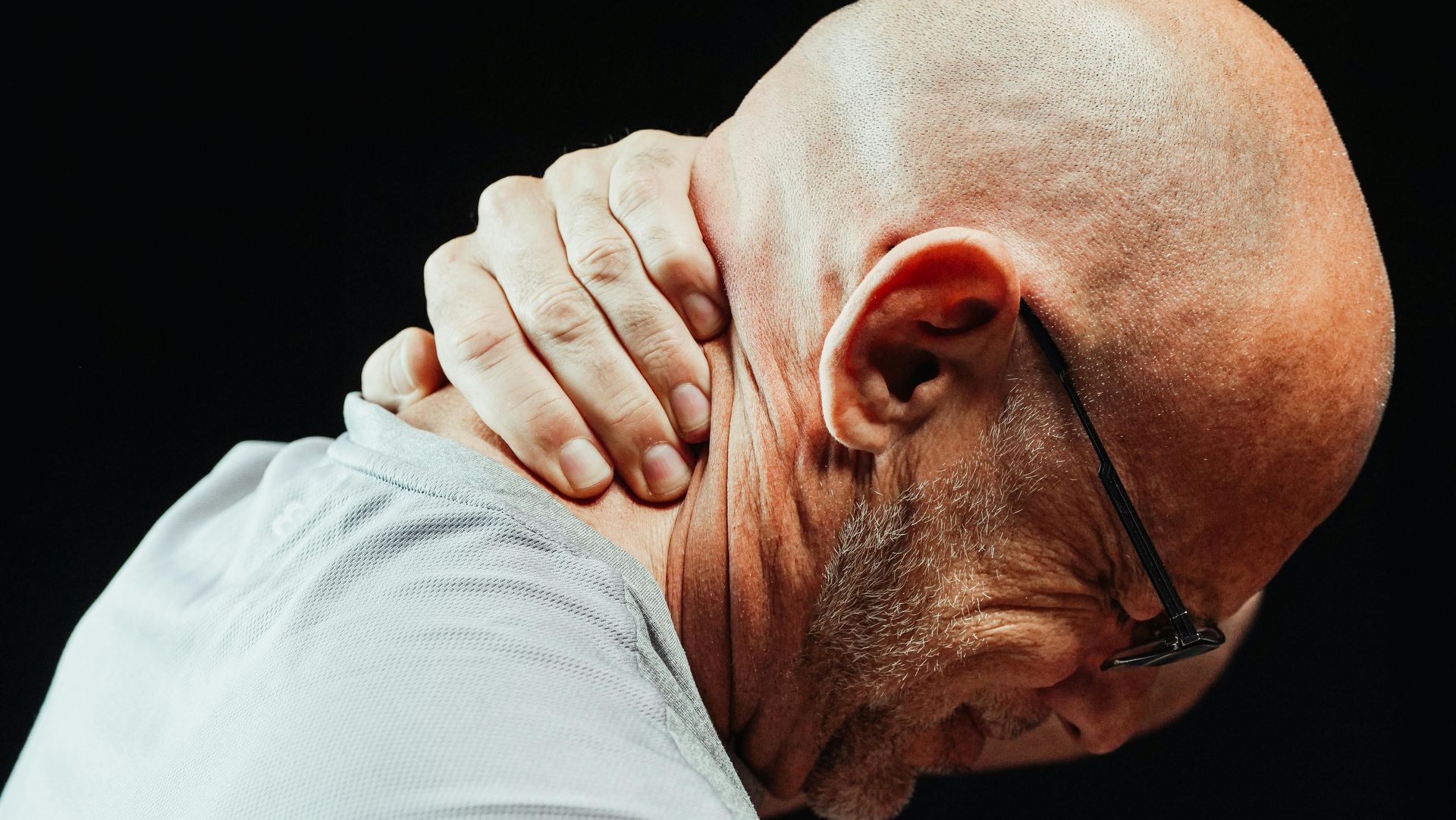7 Things People With Chronic Pain Want you to Know
Most people in chronic pain want nothing more than to go back to their old life. They can remember having a day without pain and want nothing more than to feel relief instead of being treated as fragile.
If you’ve never had chronic pain, it is tough to understand the toll it takes physically and mentally. Even though it doesn’t always manifest in an obvious way, those with chronic pain face serious struggles and reduction in quality of life. They aren’t choosing to spend all day resting or to give up their hobbies; the pain they feel takes over their lives.
Here are some things individuals with chronic pain often express others would understand about their situation.
No One Wants to Have Chronic Pain
Many things change when you have chronic pain, and many of those changes are invisible. Unlike having cancer or being hurt, being in pain isn't always a simple sensation, and for some people, it's a constant companion.
There are many misconceptions about what they go through daily for chronic pain, and the condition is often invisible to others — and misunderstood by them.
Chronic Pain Does Not Just Disappear
Some people think chronic pain is just a temporary problem or something that will eventually go away. But unlike acute pain, which serves as a warning signal of injury and resolves with healing, chronic pain is persistent — it lasts for months or years after an injury or illness has healed.
Chronic Pain Is Exhausting
Depending on the severity of your condition, you might need help with basic tasks like dressing yourself or going to the bathroom. This means relying on friends and family members in sometimes embarrassing ways that occasionally involve asking them for help.
In most cases, you don't have to worry about saying anything offensive to someone with chronic pain. But again, it's good to be aware of the things that trigger different types of pain and what common associations many people have with their issues. Understanding this will make it a lot easier on everyone, so you can focus more on the person in front of you than the problem they're experiencing.
Everyday Tasks are Difficult
Most people with chronic pain are not looking for sympathy, and they are just looking to be treated the same way as someone who has a cold or a sprained ankle. They need your empathy and support — and to feel understood.
While we should all be sensitive to people who live with chronic pain, the reality is that many people without chronic pain will never understand exactly how it feels. However, the good news is that you don't need to think of a way to explain your pain, and all you have to do is tell the truth and then be respectful by giving those in chronic pain their space when they need it.
Doctors Don't Always Understand
Pain is a challenging thing to experience. And to make matters worse, people suffering from it often have a hard time getting their doctors to understand how they feel. But don't lose hope—these pain sufferers want you to know that you can do things to help. Take a few minutes today to learn about their experiences, and then go and support your friends, family members, and loved ones that might be struggling with chronic pain. The best way to do this is by listening to whether they ask for help or not.
You Can’t Just “Push Through” Chronic Pain
If you’ve never personally experienced chronic pain, it can be hard to understand what someone is going through. So just Listen. Ask questions. Offer support. Give some slack, even if you're feeling impatient or frustrated with the situation. People with chronic pain are human beings; they want to work, contribute to society, and be treated normally.
Chronic Pain Can Wreak Havoc on Emotions
When it comes to chronic pain, there is no cure, no easy treatment, not even a real way to tell who will get it and who won't. Not knowing when or if it will ever end and seeing how it can become impossible to participate in previously loved activities isn’t easy. It can be frustrating and hard to accept.
This feeling of being misunderstood or missing our can make it difficult for someone with chronic pain to remain positive.




